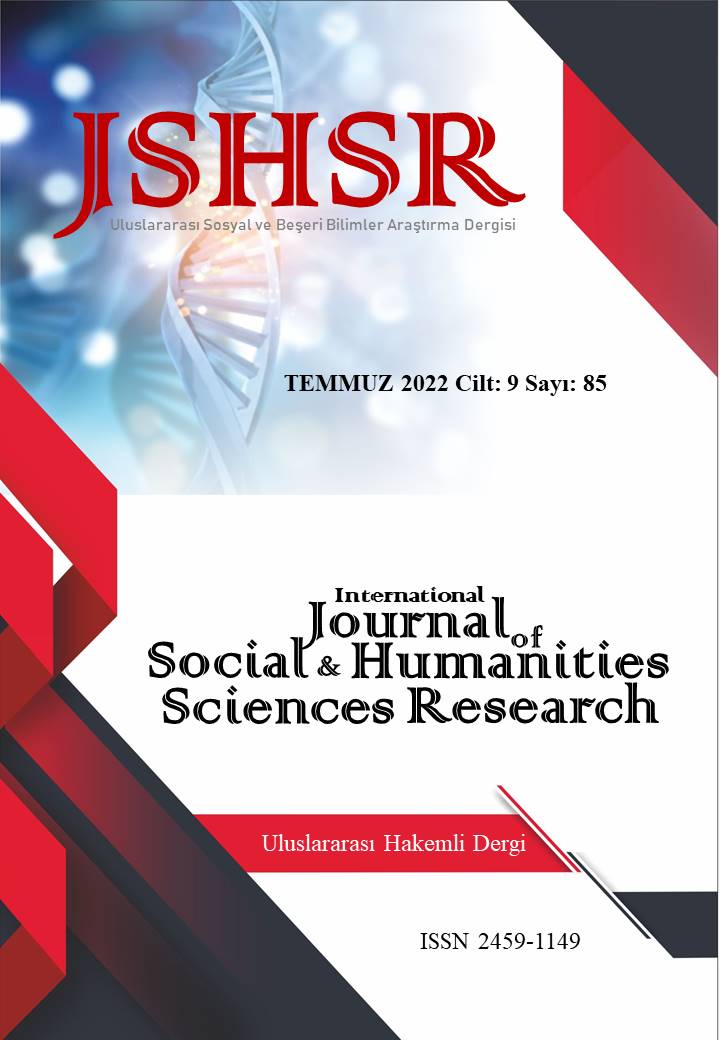THE RELATIONSHIP BETWEEN CREDIT CARD, DEBIT CARD, AND INFLATION RATES: A STUDY ON TURKEY
DOI:
https://doi.org/10.26450/jshsr.3118Keywords:
Inflation, Credit Card, Debit Card, Autoregressive Model, External Granger CausalityAbstract
The reforms to be made regarding the determination of the relationship between inflation rates and debit and credit card expenditures are highly effective in the success of anti-inflation programs. In this context, the main purpose of this study is to examine the interaction between the consumer price index (CPI) and the use of credit and debit cards for the period 2014m04 to 2022m05 in Turkey. In this study, impulse-response functions and extrinsic Granger causality analyzes were tested on vector autoregressive models. According to the Granger causality test, there is causality from inflation to credit-debit card usage volume and from credit-debit card usage volume to inflation at the same time. According to the impulse-response functions, a standard deviation shock to the bank card had a positive effect on inflation. However, a one-unit shock on inflation did not have a statistically significant effect on the volume of credit-debit card usage
Downloads
Published
How to Cite
Issue
Section
License
Copyright (c) 2022 INTERNATIONAL JOURNAL OF SOCIAL HUMANITIES SCIENCES RESEARCH

This work is licensed under a Creative Commons Attribution 4.0 International License.


